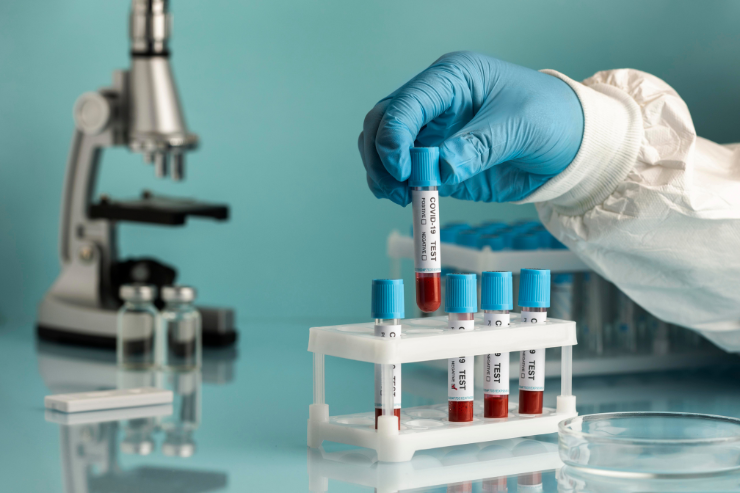All types of other pathological tests
Original price was: ₹1,000.00.₹800.00Current price is: ₹800.00.
“All types of other pathological tests” refer to a broad range of diagnostic tests used to examine various bodily fluids, tissues, or cells for the presence of disease. These tests include but are not limited to microbiological cultures, biochemical assays, and special staining techniques to identify infections, genetic disorders, or other pathological conditions.
How the Test is Done?
The specific procedure depends on the type of pathological test. For example:
- Microbiological Cultures: A sample (e.g., blood, urine, or wound swab) is cultured in a lab to grow and identify bacteria, fungi, or viruses.
- Biochemical Assays: Samples of blood, urine, or other fluids are analyzed for specific chemical compounds or markers.
- Special Staining Techniques: Tissue samples are stained with specific dyes to highlight abnormal cells or structures under a microscope.
Preparation Required
Preparation varies based on the type of test. Generally, it may include fasting, avoiding certain medications, or specific instructions regarding sample collection. Always follow the specific guidelines provided by your healthcare provider or laboratory.
Significance of the Results
Results from these pathological tests provide critical information about the presence, type, and extent of disease. They help diagnose infections, metabolic disorders, cancer, and other health conditions, guiding appropriate treatment and management strategies. Accurate diagnosis through these tests is essential for effective patient care and treatment planning.







Reviews
There are no reviews yet.